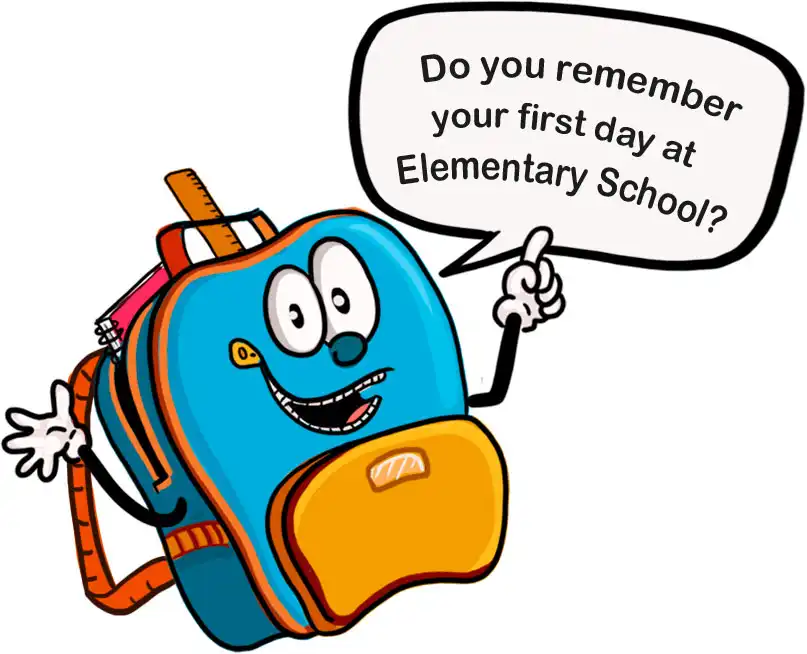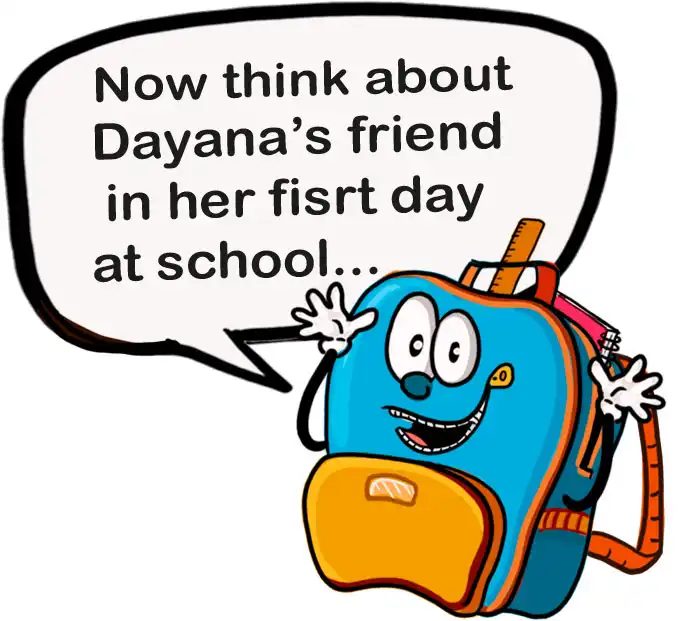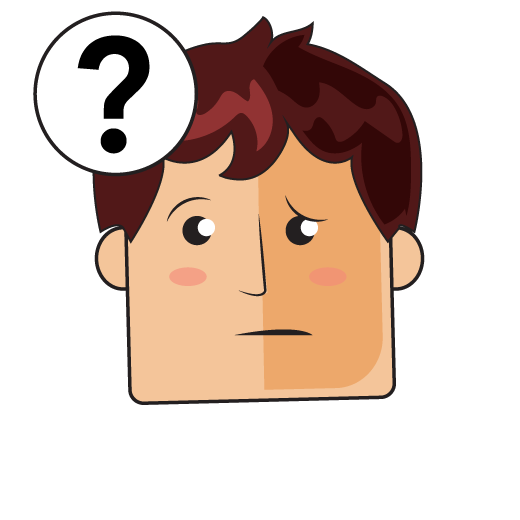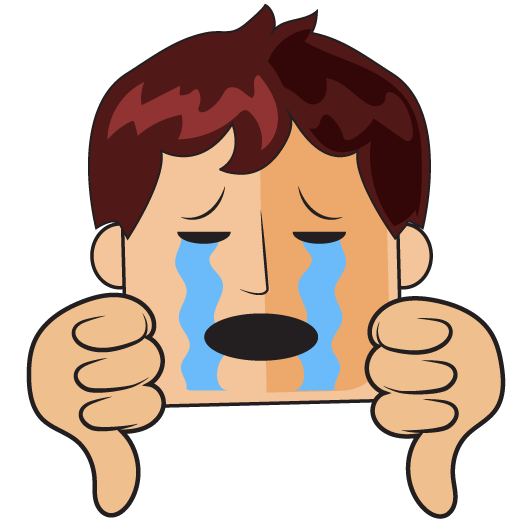
Dayana tells us about this remarkable day in her life. Listen to her, then answer the exercise.
After listening to Dayana, choose the best options: T (True), F (False) or DS (Doesn't say).
| True | False | Doesn't say | |
|
1. Dayana had friends near home, but not at school. |
|
|
|
|
2. Dayana's father was talking about how to make friends. |
|
|
|
|
3. They had to go back home to pick up Dayana's lunch. |
|
|
|
|
4. Dayana's classmates didn't realize she was near them. |
|
|
|
|
5. At lunchtime, Dayana didn't talk to anyone because they were rude. |
|
|
|
|
6. At the end of the class, Dayana asked a girl to be her friend. |
|
|
|
|
7. The story had a happy ending. |
|
|
|
Listen again and make sentences using the following words and linking words. You may add extra words to make coherent sentences. Pay attention to the tense of verbs.
-
Words Linking word Dayana be scared it be first day school because Answer: Dayana was scared because it was her first day at school.
-
Words Linking word Dayana know children school near home or -
Words Linking word children notice Dayana they be talking because -
Words Linking word Dayana want to talk to children the class start but -
Words Linking word a girl see that Dayana be sad she ask to be friends and -
Words Linking word Zaira & Dayana study together high school be in touch usually but
In the previous listening we can infer that Zaira (Dayana’s friend) had a good story related to her first day at elementary school. Imagine that you are Zaira, invent and describe a good experience about it.

Write a paragraph using the following words. (50-70 words)
- first day
- the best
- happy/exciting
- children
- years old
- not scared/not nervous
- new friends
- play
- break time
- teacher
- teach
- songs
- but
- also
- because
- or
Read the sentences and see if you need more practice or not.
 |
 |
 |
|
|---|---|---|---|
| I am an expert NOW in this topic! | I think I need to practice a bit more. | I am starting to believe I need to start over again. | |
|
|
|||
| I can easily recognize the right pronunciation of regular and irregular verbs in past with no trouble. |
Excellent!
|
Try to check this section: Regular
and irregular verbs
|
Try to check this section: Regular
and irregular verbs
|
|
|
|||
| I can clearly recognize the pronunciation of regular and irregular verbs in simple past as well as the contraction: didn’t. |
Very well!
|
Try to check this section: Pronunciation
|
Try to check this Video
|
|
|
|||
| I can easily make questions and use negative ideas to talk about the past. |
Awesome!
|
Try to check this section: I didn’t lose
the elections!
|
Try to check this section: I didn’t lose
the elections!
|
|
|
|||
| I can efficiently order my ideas using linking words (and, or, but, also, because) to talk about past events. |
Wow! We are glad to know that!
|
Try to check this section: Connectors (And, but, or, also, because)
|
Try to check this section: Connectors (And, but, or, also, because)
|
|
|
|||
| I can understand orally general and specific information about past experiences without any problem. |
Excellent!
|
Try to check this section: Time to float
|
Try to check this section: Time to float
|
|
|
|||
| I can clearly understand general and specific information in written texts dealing with past facts. |
Wonderful!
|
Try to check this section: What a year!
|
Try to check this section: What a year!
|
|
|
|||
| I can doubtlessly organize my ideas and write a short paragraph using linking words (and, or, but, also, because) and time expressions to talk about past events. |
Awesome!
|
Try to check this section: My ideal biography on a blog post.
|
Try to check this section: My ideal biography on a blog post.
|
|
|
|||
| I can express several events that occurred in the past without difficulty in the spoken way. |
Very well!
|
Try to check this section: Important events in my life.
|
Try to check this section: Important events in my life.
|


